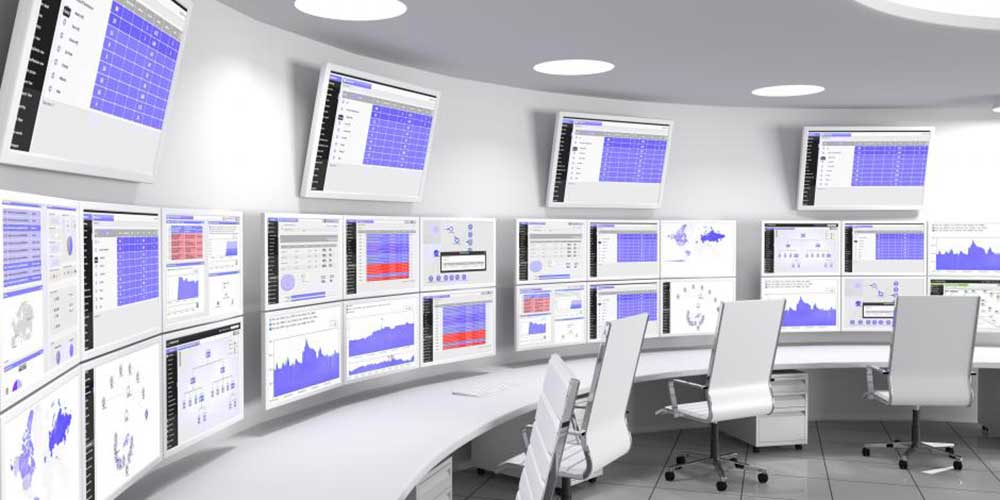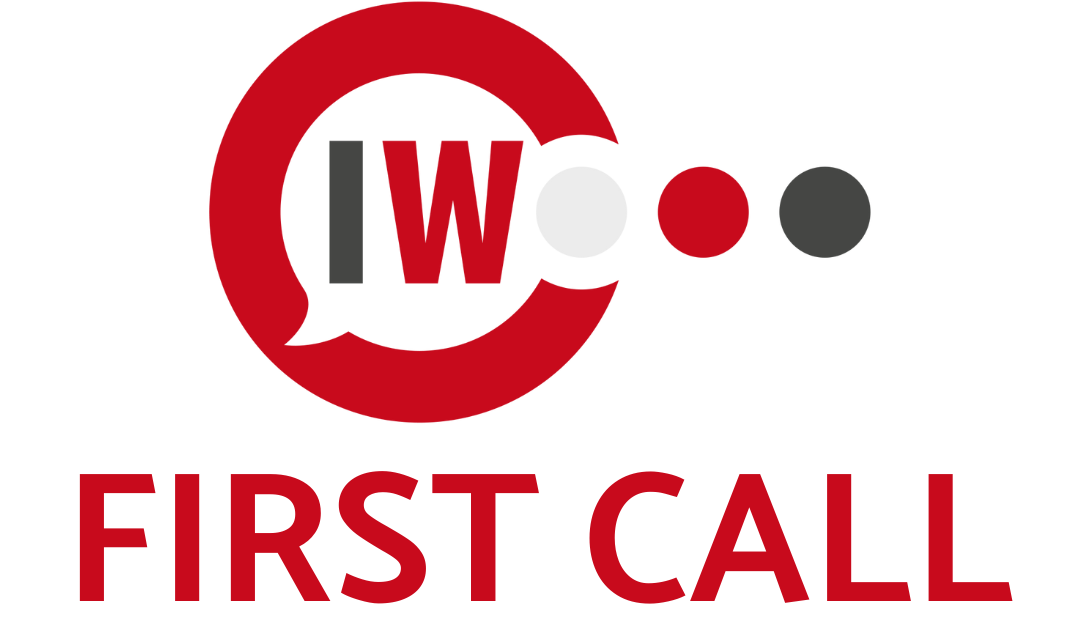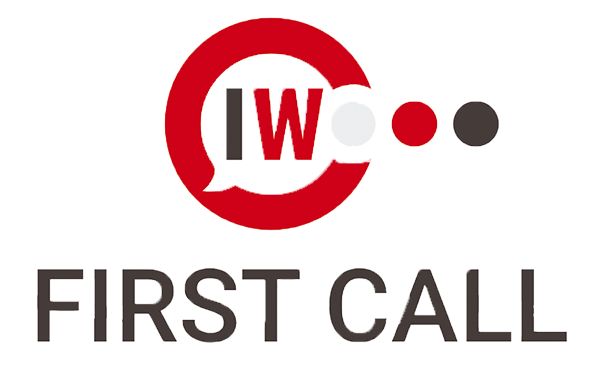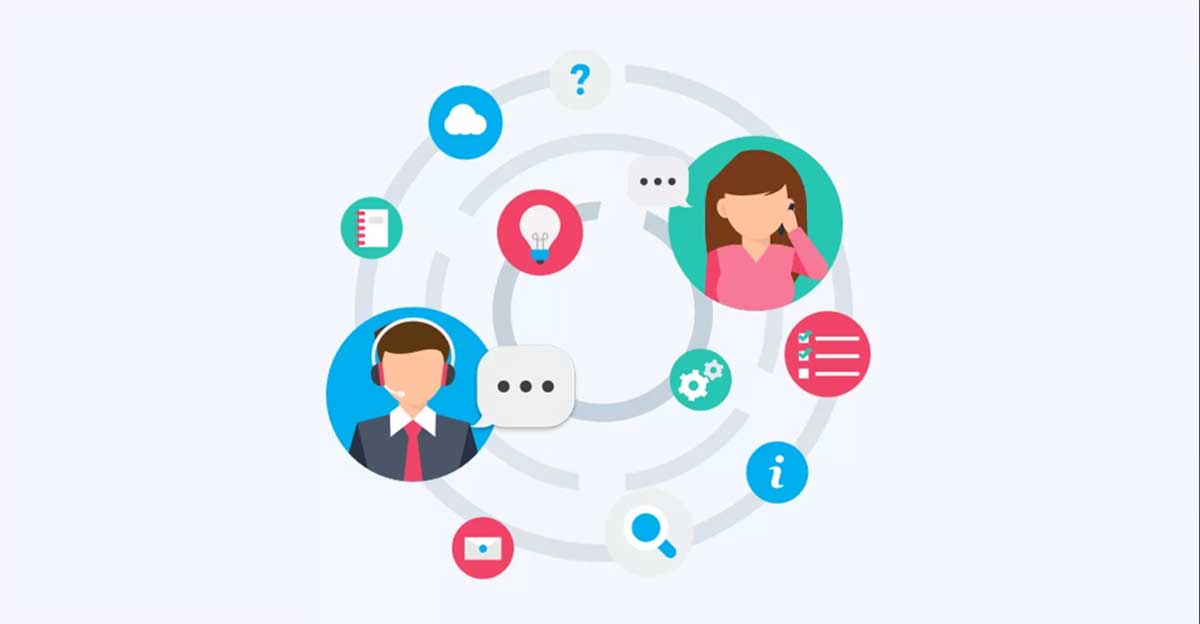If you’re running a business or managing an organization, chances are you’ve heard of the term “help desk”. A help desk is a centralized resource where users can seek assistance with any issues or problems they may encounter. Help desks come in different shapes and sizes, ranging from small, one-person operations to large teams serving thousands of customers.
The importance of a help desk cannot be overstated. It not only helps customers with their problems but also provides valuable feedback to businesses to improve their products. In this blog post, we’ll go over the basics of a help desk and why it’s essential to have one. We’ll cover the ABCs of a help desk and the key components that make up a successful organization.
So, if you’re looking to improve your customer service, read on to learn about the ABCs of a help desk.
What is a help desk and why it matters?
According to Merriam-Webster, the term “help desk” first appeared in 1980. The ABCs of a help desk would be a team within a company that provides assistance to customers, often using specialized software to streamline communication and improve response times. In today’s fast-paced world, both customers and employees expect prompt and efficient support, and a help desk can help deliver just that.
Help desk is an essential organizational function, which typically provides IT support for hardware, software, and networking products used within an organization. Using help desk tools is key to providing reliable customer service and supporting a broad customer base.
When users need help with tasks like setting up new systems, troubleshooting printers or addressing security issues, the help desk is there to provide prompt and efficient assistance. However, achieving success with a help desk requires more than simply having one in place. Businesses must understand the role of the help desk within their organization and the tools and resources that help desk agents need to provide top-notch support.

What does a help desk do and key components of it?
At its core, a help desk is focused on providing assistance to people and businesses. While different organizations may have their own specific definitions of what a help desk does base on their unique experiences, the central function of a help desk is typically centered around customer support and service.
Regardless of the specific services offered by a particular help desk, the underlying goal is always to help people or businesses resolve issues and find solutions to problems. This can involve everything from providing technical support for software or hardware issues to answering general questions about a product or service. Ultimately, a help desk is a resource that exists to support customers and ensure that they have the best possible experience with a particular company or product.
“ABCs of a help desk can mean many things, depending on the nature of your business. But it all goes back to the core principle of helping people and serving as a place where they can go to get help.”Chris Grosspietsch, Senior Manager, Advocacy Operations at Zendesk
A help desk typically includes several key functions and components, such as:
- Converting customer requests into support tickets
- Assigning tickets to the appropriate agents
- Monitoring the progress of each ticket
- Tracking requests in terms of duration and ownership
- Providing a central location for customers to seek assistance
- Offering functional self-service options and step-by-step instructions
- Creating a centralized knowledge base to support agents and customers
- Measuring customer satisfaction through feedback and surveys
By converting customer requests into support tickets, a help desk is able to efficiently manage and prioritize incoming requests. Assigning these tickets to the appropriate agents ensures that customers receive the right type of support and assistance.
By tracking each ticket and monitoring its progress, the help desk can provide updates and keep customers informed.

How does a help desk benefit businesses?
Integrating a help desk into your business can lead to increased efficiency and productivity. Here are some of the key benefits of using a help desk:
Increased efficiency: With a help desk, all customer requests are directed to one place, where a ticket is created. This centralization of information allows for more efficient handling of requests, ultimately saving time and boosting workflow efficiency.
Consistent experience: Customers expect a seamless experience no matter how they contact a business. A help desk can help ensure that customer interactions are consistent, whether using a mobile device, laptop, or other means of communication.
Improved productivity: A help desk’s features can improve employee productivity by streamlining the handling of incoming tickets. With all requests in one place, a quick glance at the dashboard can save time and enable faster responses.
Problem resolution: A help desk can promote effective problem management by flagging related incidents and mapping the cause of an issue.
Knowledge base: A knowledge base is an online repository of information that can be used by both customers and employees. With a knowledge base, users can easily search for and access relevant information. Businesses can add new articles, update existing ones, and even offer a question-and-answer section. This can save time and provide valuable resources for users.
Types of help desks
There are various types of help desks, but generally, they can be categorized into two categories: general and specific.
General
Internal IT Help Desk. This type of help desk provides support to the internal workforce. It is ranging from simple tasks such as password resets to more complex issues like network outages.
Customer Service Help Desk: Designed for external customers, this help desk provides assistance to customers, answering their questions and helping troubleshoot any issues they may encounter with products or services.
Business Operations Help Desk: In some cases, businesses may need to create and run teams outside of IT, such as HR or finance teams. A business operations help desk can provide additional support and efficiency, leading to greater employee satisfaction.
Specific
Cloud-Based Help Desk: This type of help desk operates entirely online, allowing businesses to respond to customer requests from any location with internet access.
On-Premises Help Desk: An on-premises help desk operates from a physical location, typically within the business premises.
Enterprise Help Desk: This is a type of help desk that is commonly used by large organizations, which requires complex support systems and dedicated IT staff.
Open-Source Help Desk: An open-source help desk is a type of help desk where users can access and use information, as well as contribute to its development and improvement.
Help Desk Technologies
Artificial intelligence (AI) technologies are becoming increasingly attractive and crucial in people’s lives and work. Step by step, AI is making an impact on IT service desks. Machine learning, natural language processing, and computer vision all have the potential to make help desks more efficient, predict and solve issues proactively, improve knowledge management, and manage issues more easily.
AI has already been implemented in the following help desk software:
Conclusion
A help desk is an essential tool for any business that wants to provide efficient and effective customer service. Help desk systems have evolved to provide more advanced features and incorporate AI technologies such as machine learning and natural language processing. A well-implemented help desk system can not only increase efficiency and productivity but also provide a consistent and positive customer experience. By understanding the basic functions and components of a help desk, businesses can make informed decisions about which type of help desk to implement and how to optimize its use to achieve the best results.






